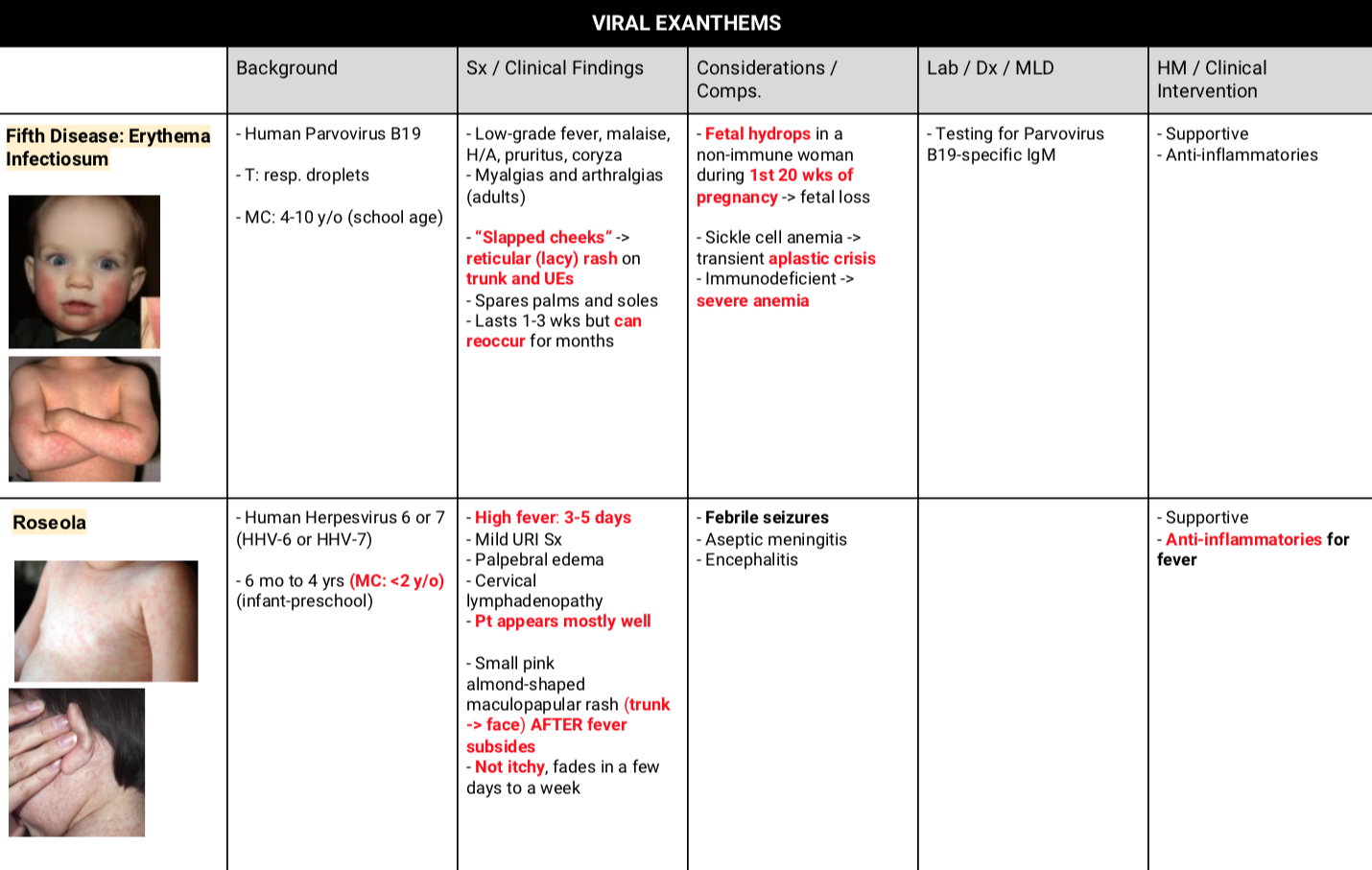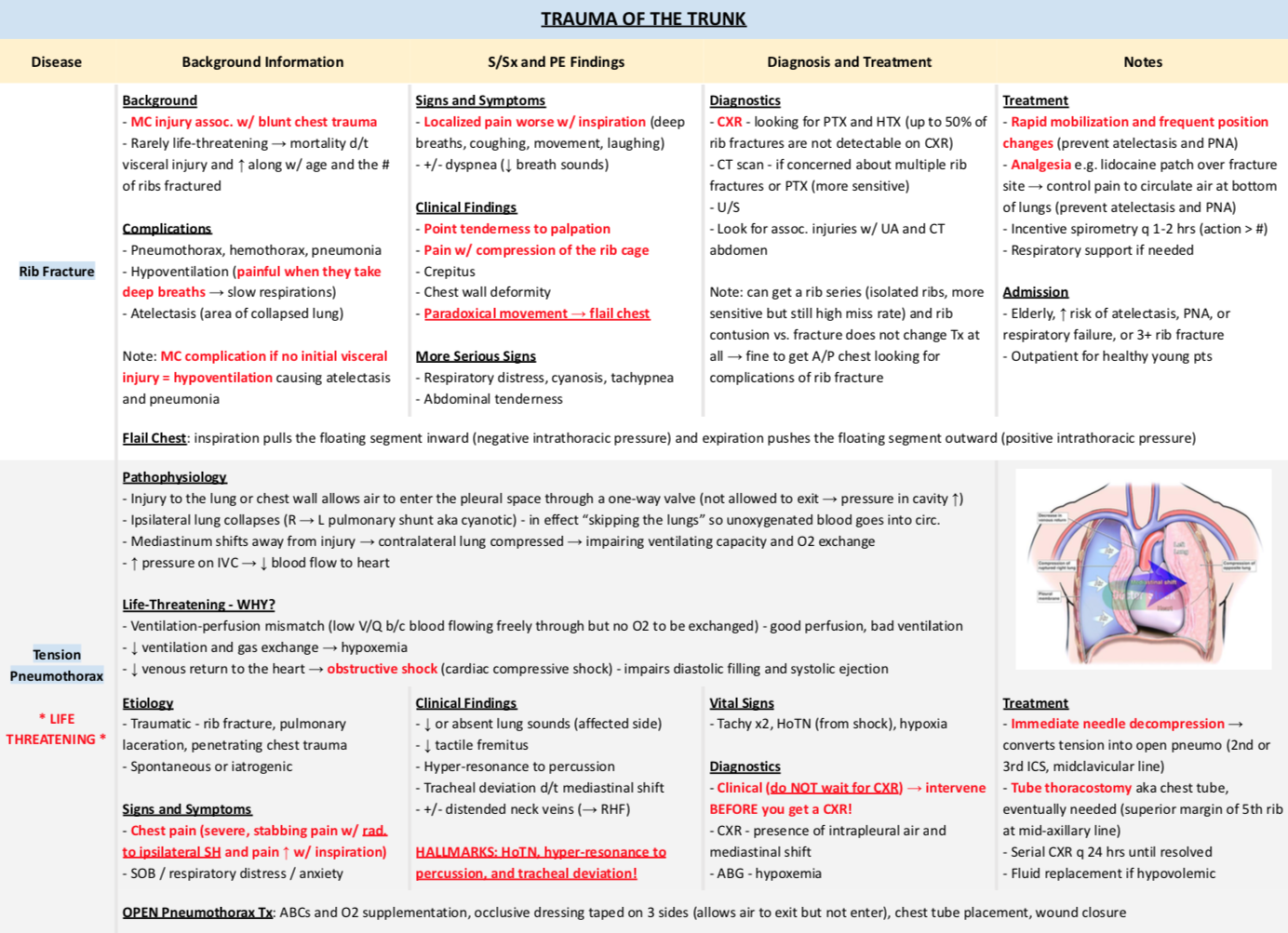Welcome, SPAS Class of 2023! Congratulations on joining the MBKU family, and I am already so inspired by your determination to do well in graduate school. When school starts to get difficult and overwhelming, please never lose sight of your why and remember that you were hand-picked to be part of this class and program. You are 100% deserving of being here, even if it may not feel like it!
When I was first interviewing for PA programs, I was commonly asked what my plans for studying in PA school were. I always responded back with “following my study habits in undergrad but being open and flexible to studying differently or adapting as needed.” As someone who started didactic year during the COVID-19 pandemic, the latter half of my response could not be more true. What worked before may not work now, but it could, so start with what has worked for you and grow and adapt from there. In this blog post, I am going to walk you through how I study for a core module and also share with you what I wish I would have done from the start.
Studying for Module Exams
It took me nearly three months since starting school to learn how I like to study and what I feel is most productive and effective for me. Do not be discouraged if it is hard for you to find your groove, you will get there so just be patient with yourself. During each of our core modules (dermatology, pulmonology, cardiology, etc.), here is what I do to study.
- Take notes efficiently. After some trial and error, I realized that I like to hand-write notes using my Apple pencil and the GoodNotes app on my iPad. Develop a system so that you can save time when trying to pick out the key points during lecture. For example, I highlight important concepts in blue rather than yellow and write “R2X” if something was repeated twice.
- Make disease charts. To keep myself actively engaged with the material, I make disease charts as I am reviewing to highlight the most important concepts of that disease. I abbreviate terms that I use often (e.g. MC = most common), bold and red the extra important information, and add in pictures since I am a visual learner. You can see the progression of my charts from my very first (viral exanthems) to my most recent (trauma of the trunk).
- Do practice questions. This is my favorite part of my studying process! You can read the slides and review the content all you want, but the most important aspect in my opinion is being able to apply the information to a patient presenting to you. You can access PA Exam Prep through the MBKU library (or find other practice questions online) and these are a great way to test your knowledge. I like to take notes as I am working through the questions so I can better remember how patients will commonly present.


What I Wish I Had Done (Supplemental Tips)
Having gone through a year of PA school now, I have some advice to share with you so you do not make the same mistakes that I did!
- Download MDCalc. This is a free app on your phone that serves as a medical reference for clinical decision tools. So many times throughout the year, professors will reference risk calculators, algorithms, and diagnostic criteria that can all be found through this app. When they tell you to add it to your favorites, add it to your favorites! It will save you so much time and help you so much later on.
- Write down mnemonics. At the time when I was coming up with mnemonics for our core modules, I knew what I was talking about. Now that we are moving towards the end of didactic into clinical year, I still remember what the mnemonics are but I forgot what I meant by them. If you write them all down in one spot, you can reference them and it will more quickly jog your memory in your comprehensive modules.
- Create a “must knows” document with your peers. This is something that we did not start doing until our winter quarter but I wish we had started it earlier. We compile a list of concepts that were repeated twice, heavily emphasized, proposed as a common board question, etc. These are commonly the high-yield questions that are important for your module exam and a study resource that you can review the morning of the exam.
Do not be afraid to try out different studying techniques, and do not feel the need to commit to the same one all year (you may need to switch it up from time to time depending on what the module is). One of my peer advisors told me, “if something is not working, abandon it, and if something is working, hold onto it.” What I absolutely love about MBKU is the exceptional support from both faculty and peers - reach out to them (and your peer advisors) if you find yourself struggling. There is also plenty of support through Student Affairs, where you can even take a test to see what learning style suits you best and what resources can help with that.
Remember, there is no more competition. Make an effort to work together with your peers to help each other succeed in PA school so you can go out there and make an even bigger difference in your community!
